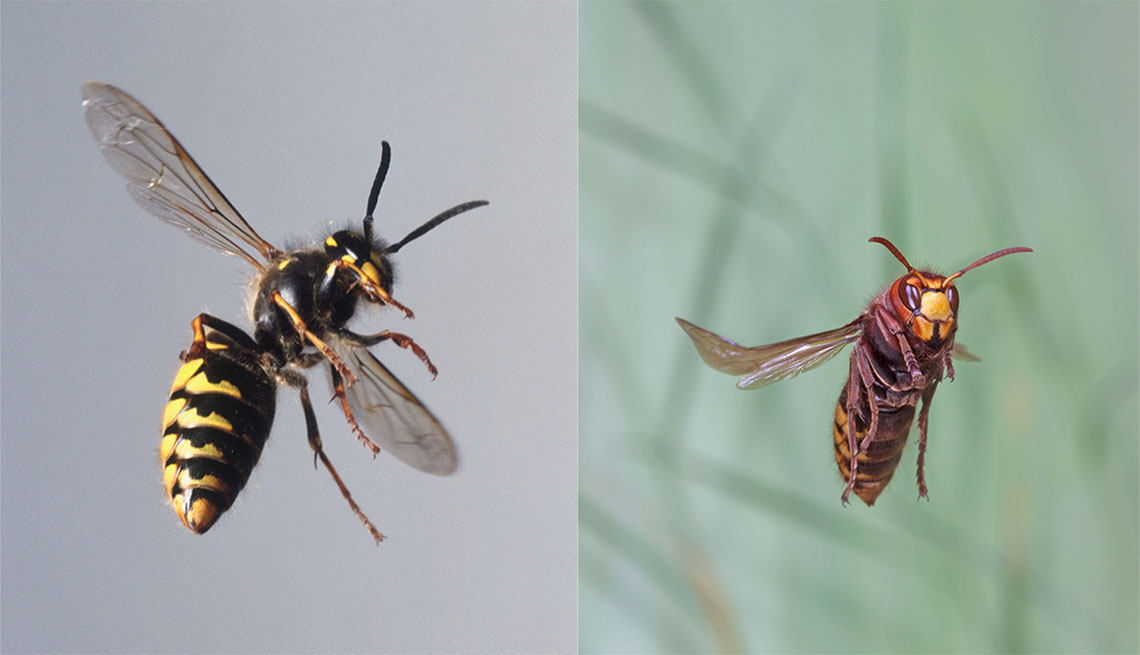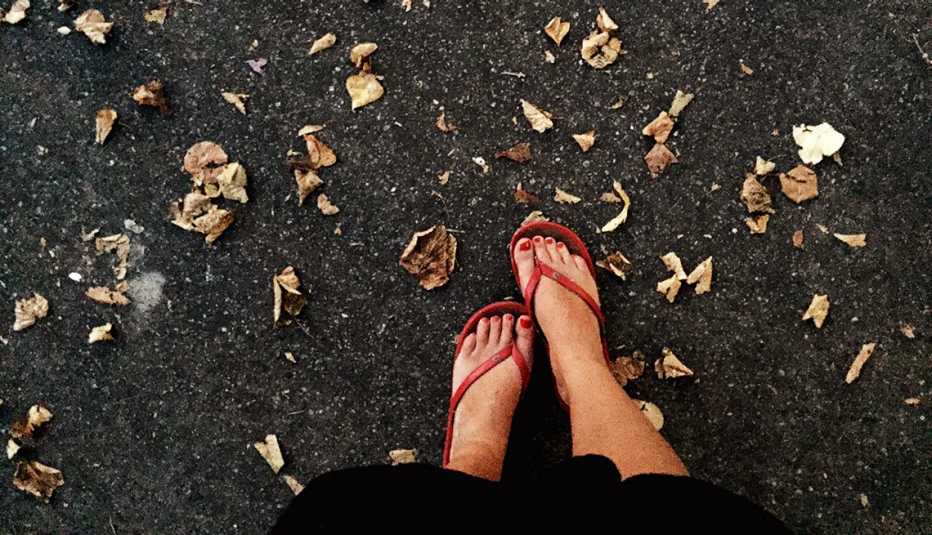Staying Fit
Depending on where you live, you may notice a bit more aggression from hornets and wasps these days. This is due to the change in season and the life cycle of the insects and their nests, experts say.
For example, in Wisconsin, wasps and hornets are keeping exterminators busy by infesting awnings, gutters and decks, the Fon Du Lac Reporter notes. Fall is a key time for wasp activity, entomologist Patrick Liesch, who runs the Insect Diagnostic Lab at the University of Wisconsin-Madison, tells the Reporter: “The cycle begins with a few wasps who start nests from scratch early in spring, and they remain relatively calm and go unnoticed. By fall, nests reach maximum size and can contain thousands of family members.”


AARP Membership— $12 for your first year when you sign up for Automatic Renewal
Get instant access to members-only products and hundreds of discounts, a free second membership, and a subscription to AARP the Magazine.
Crowding and a diminishing food supply could cause wasps to be more aggressive to anyone that seems to be a threat to their colony. Additionally, insects are cold-blooded and seek the heat, which leads them to buildings, including homes. It is important to call a professional to deal with nests in or near your house, especially for older people, who should avoid getting stung.
Beware of yellow jackets with a sweet tooth
Howard Russell, an entomologist at Michigan State University, told the Times Herald in Michigan that yellow jackets are in a foul fall mood. “As things wind down in the fall, they become rather aggressive. One reason is the last brood they raised are next year’s queens,” he said. “Those are the future of the colony, so they tend to be more protective.”
Their diet changes, as well, Russell said. “Most of the summer, they’re predators and feed on other insects. In the fall they kind of develop a sweet tooth. Fermenting fruit, adult beverages, colas, fruit juice, all become super attractive to them.”
Avoiding and treating stings
Stay clear of areas that will attract the stinging bugs, including apple orchards and cider mills, picnic areas, outdoor restaurant seating and backyard barbecues. If one does fly in your path, resist the natural instinct to swat, experts say. Swinging at the insect may cause it to sting and some release a pheromone that alerts the nest of danger, possibly drawing more attackers. Also, watch out for hives and nests when operating lawn mowers.


































































